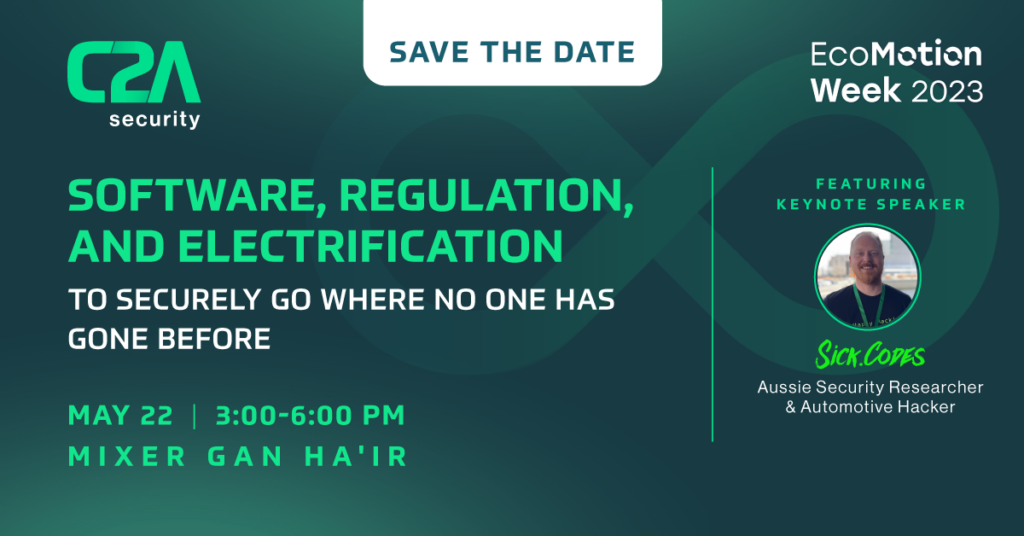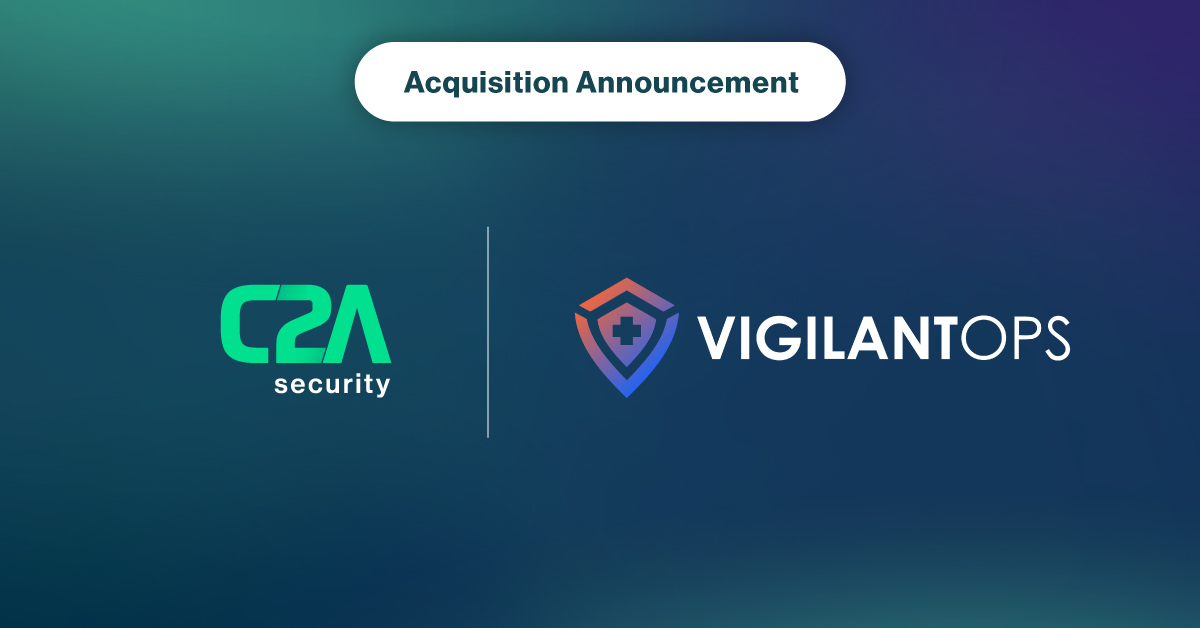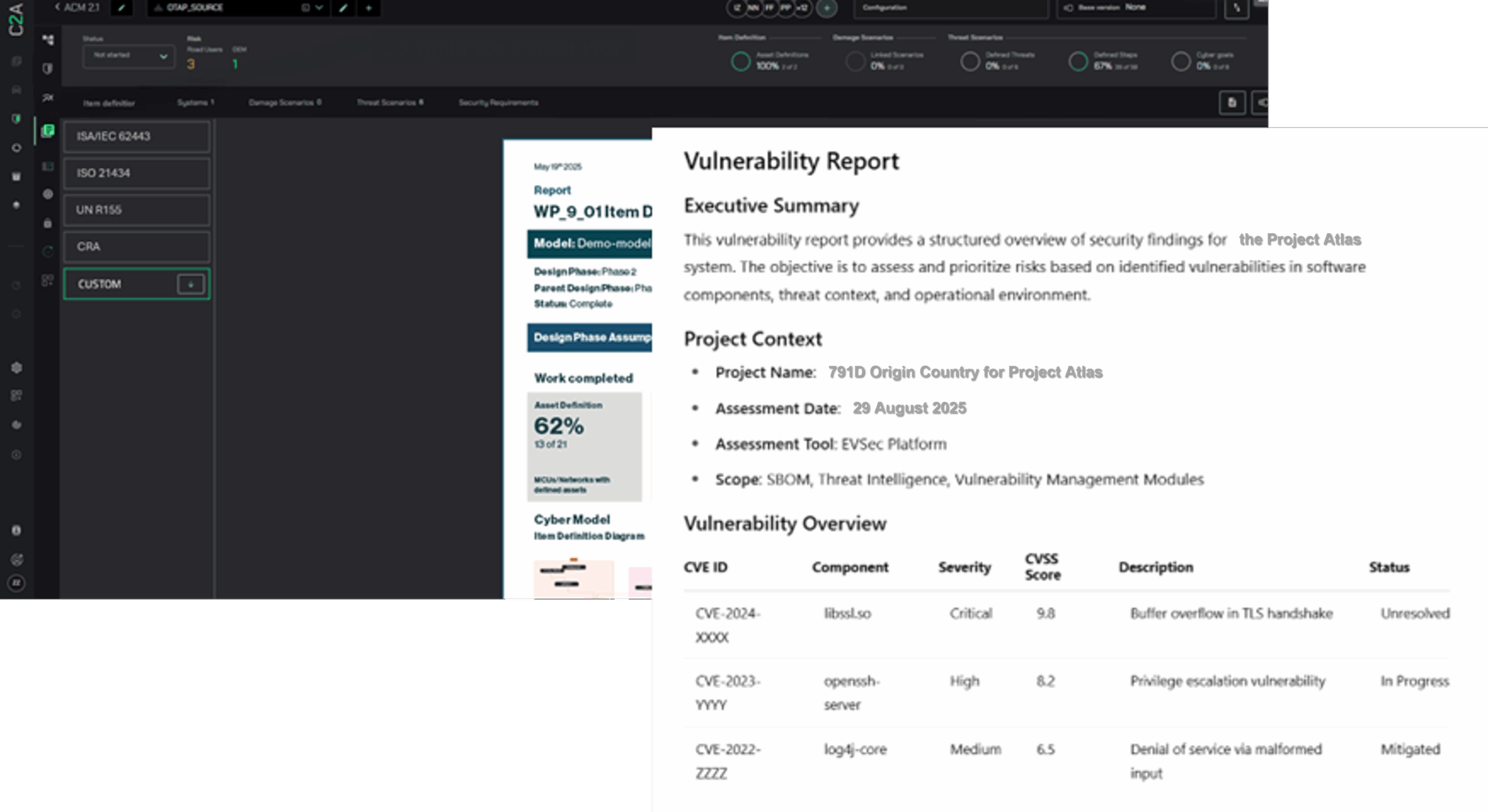On Monday, May 22, 2023, we’ll host an exclusive side-event (bold & hyperlink to reg page) during EcoMotion Week featuring keynote talks from renowned hacker Sick Codes, Foxconn & Mobility in Harmony’s Joe Cheng and our own Roy Fridman. During the intimate afternoon event we’ll explore the convergence of software, regulation, and electrification, how security is intertwined into them. We’ll also present what are customers and partners are doing to respond to these challenges, by speeding up software release times and building trust with consumers, while adhering to regulation and staying compliant.
Register here to secure your seat at the event.
We caught up with Sick this week to get his perspectives on some of the transformational changes the automotive industry is undergoing and their impact on security.
Sick Codes will also speak during EcoMotion Main Event on Tuesday, May 23, at Expo Tel Aviv and will be available at our booth (364) throughout the day.
- How do you see the convergence of software, electrification, and regulation shaping the future of mobility, and what kind of impact do you think this will have on society and the environment?
As we transitionfrom internal combustion engines to electric powertrains, the needfor sophisticated software systems increases exponentially. I see the electrification of vehicles as the “Oil 2.0” of the world. Electric propulsion is profoundly changing the trajectory of humankind; In the same way that all the products we touch, use, wear, and eat everyday are products of the petrochemical industry, replacing those systems with electric motors is causing a giant leap for human kind.
However, as those vehicles & systems become more connected and autonomous, the attack surface for cyberthreats expands, too. In the same way that critical infrastructure experienced major changes with software based automation, it’s important to secure those changes, and lower the risk associated with operating a software defined vehicle. Most importantly, replacing thephysical safety features of vehicles with code is critical, asfailing to protect customers or passengers will undo the good workthat people in the mobility industry. - What is your opinion on the current state of cybersecurity regulations in the automotive industry? Do you think there is a need for stricter guidelines?
I believe thecurrent state of cybersecurity in the automotive industry can bedescribed as, “In Progress”. While the speed of innovation in mobility is exciting, it’s important to secure this progress with the right teams, products, and personnel. While regulation is important, it’s often trailing behind the industry itself.
Cybersecurity is a culture, and it needs to be fostered at the very start of the supply chain . If a vendor can’t manage this themselves, then they should engage those who can. - What do you think are some of the most exciting developments in the automotive industry right now, and how are they changing the way we think about transportation?
In my opinion, autonomous driving is the most exciting development in the automotive industry. It’s exciting because AI is quickly changing the way humansinteract with machines. As a problem solver, I am fascinated by thenovel challenges that automation & driverless technology bringsto the foreground in mobility. Of course, safety must be a priority when putting lives in the hands of a neural network. - What steps do you think car manufacturers need to take to secure their vehicles from cyber-attacks?
As evident with theconstant supply of cyber incidents, it’s clear that OEM’s and Tier1’s have work to do in securing their products, and most importantly,customer safety. Apart from hiring the right people to securevehicles, manufacturers cannot solely rely on internal personnel tosecure their vehicles. I believe making deep and ongoingrelationships with cyber security professionals and products willallow teams to get a second opinion on their products. The threat that hardware manufacturers face is very different to most industries.
Incidents, not just ransomware, can have a devastating impact on a manufacturers’ trust, and potentially result in additional regulatory requirements.
To hear more from Sick Codes, register to our exclusive side-event during EcoMotion Week, on Monday, May 22 in Tel Aviv click here.




